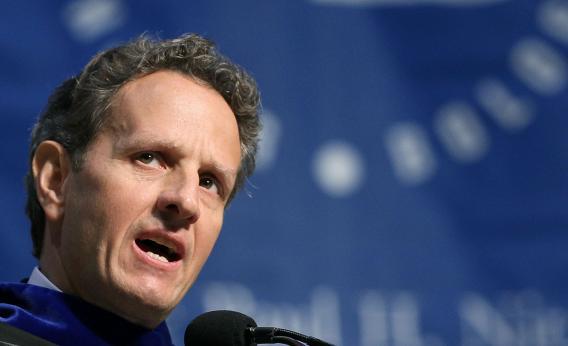I’ve never heard any really good legal arguments against the platinum coin option, but if the president wants to do something that doesn’t quite sound as silly as what Paul Krugman calls “moral obligation coupons” can be easily made to work.
Krugman suggests selling such coupons, but I think it makes more sense to just use them. The point, after all, is that the government is legally obliged to pay Social Security benefits. It is legally required to keep making grant payments to state governments. It has no choice but to pay soldiers’ salaries and to pay defense contractors for the work they perform. Doctors and hospitals are legally entitled to be paid for treating elderly patients. So if the Treasury Department can’t get its hands on the dollars it needs to pay the bills it’s legally required to pay, it should just issue IOUs to institutional creditors. Pay Social Security benefits in cash, in other words, but give the doctors and hospitals and Raytheons of the world promissory notes simply acknowledging that the money is owed and the bearer is legally entitled to it.
At that point, the Federal Reserve could print money and buy the notes.
Alternatively, even if the Fed didn’t take action, the notes would let you survive a lapse in borrowing authority without catastrophically shutting the government down. Sensible people would keep doing their jobs and accepting payment in promissory notes, but the contractors and health care providers holding the notes would become a powerful lobby for an increase in the debt ceiling that would let them cash out. The notes themselves might even circulate in the private sector at something a bit less than face value, providing an option to note holders who need liquidity.
